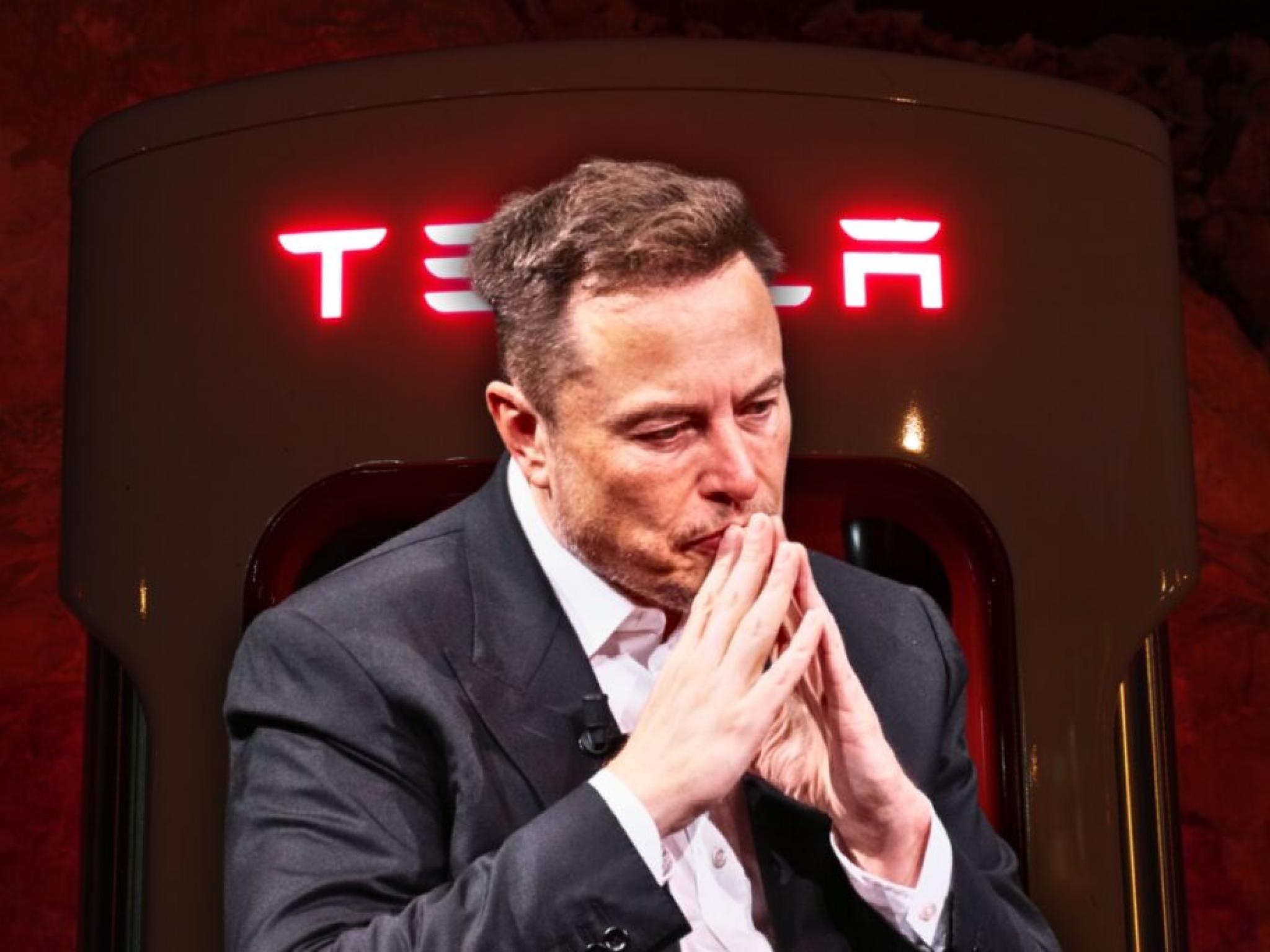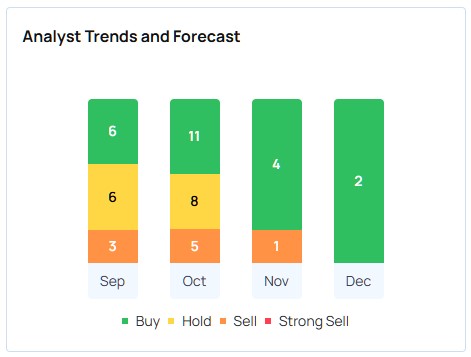
Moses Ventures founder and “Big Short” fame trader Danny Moses said on Tuesday that he does not have a short position in Tesla Inc. (NASDAQ:TSLA) anymore.
What Happened: Moses has been short on Tesla at various times since Nov. 2016 when Tesla bought SolarCity, which he deemed to be an “awful deal.”
However, in the first quarter of this year, Tesla started to trade on fundamentals after a long time, Moses said.
After the quarter’s performance dropped, the company made promises of autonomous driving and robotaxis and company CEO Elon Musk started developing a relationship with President-elect Donald Trump, Moses noted in an appearance on CNBC.
“When the story moves from non-fundamentals to technicals… that’s when I leave the story,” Moses said.
“It’s very difficult to short a name that is not trading on fundamentals. It’s also hard to go long a name when it’s all on promises.”
Moses added that Musk has “promised things in the past that never came to fruition” and now he’s talking about cutting $2 trillion from the federal budget. “You’re not gonna be able to do that.”
Why It Matters: Tesla shares closed down 1.6% at $351.42 on Tuesday. The stock is up by nearly 41% year-to-date, particularly after the stock rallied following Trump’s victory in the Presidential elections.
Overall, analysts have a consensus rating of "Buy" on Tesla stock, with the highest price target being $411.
Earlier this week, Roth MKM analyst Craig Irwin raised Tesla’s price target by 347% from $85 to $380 and upgraded the rating to a "buy" from "neutral."
A long-time Tesla bear, Irwin turned bullish on Tesla on Monday noting the benefits that Tesla might reap out of its CEO's new association and support for Trump.
Price Action: Tesla stock closed at $351.42 on Tuesday, down 1.6% for the day. Year-to-date, Tesla's shares have risen 41.5%, according to Benzinga Pro data.
Overall, analysts have a consensus rating of "Buy" on the Tesla stock, with the highest price target being $411. The most recent analyst ratings by Roth MKM, Stifel, and UBS have an average price target of $339, implying a 3.5% downside.

Check out more of Benzinga’s Future Of Mobility coverage by following this link.
Read Next:
Image made via photos on Shutterstock







